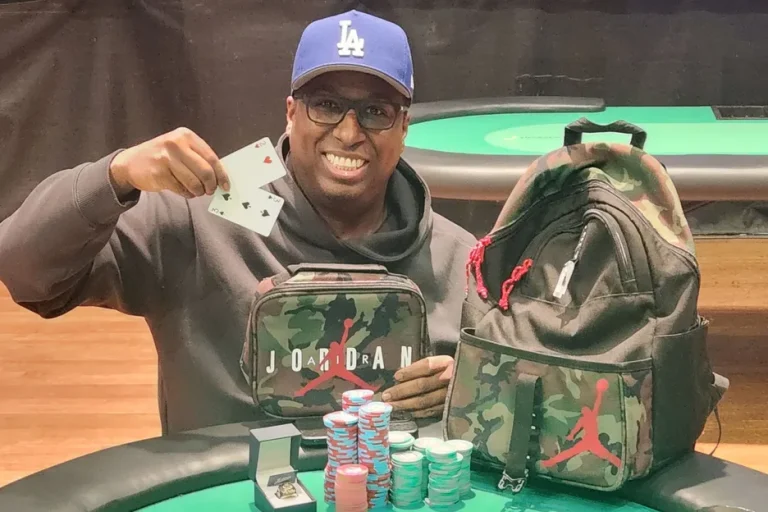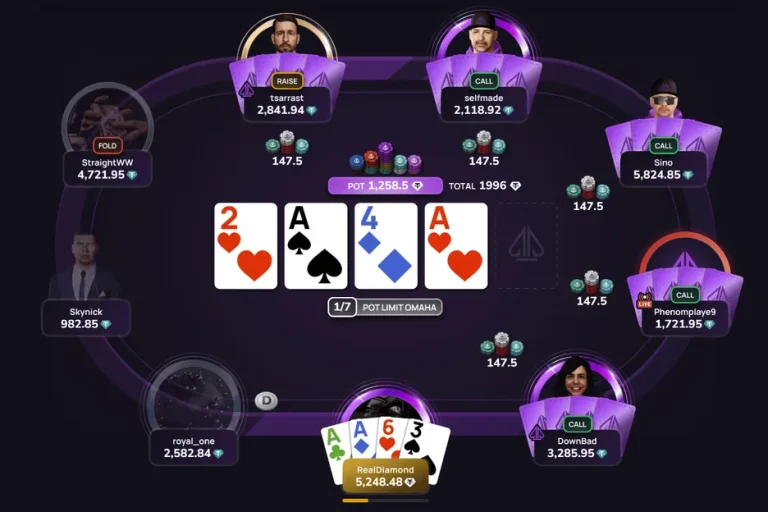Poker is not just a game of cards — it’s a game of the mind. Whether you’re grinding a live tournament or putting in volume online, mental endurance is key to staying sharp and making optimal decisions. Long poker sessions can wear down even the most experienced players, leading to costly mistakes and missed opportunities. To help you stay focused and competitive deep into your sessions, here are proven strategies to boost your mental stamina.
Stay Hydrated and Eat Light
What you put into your body directly affects your mental performance. Drinking plenty of water throughout your session helps maintain focus and prevent fatigue. Avoid heavy meals, which can make you feel sluggish. Opt for light, nutritious snacks such as fruits, nuts, or protein bars to keep your energy levels stable without slowing you down.
Take Strategic Breaks
Continuous play without rest can lead to mental burnout. Plan to take short, regular breaks every hour or two. Even a five-minute walk or a few stretches can refresh your mind and reduce physical tension. Stepping away from the table allows your brain to reset, helping you return with renewed concentration.
Train Your Focus with Mindfulness
Mental endurance is like a muscle — it improves with training. Practicing mindfulness or meditation can help you stay present and reduce distractions during long sessions. Even a brief daily practice can improve emotional control and decision-making under pressure, giving you a clear edge over opponents who let their focus drift.
Set Clear Goals for Each Session
Going into a poker session without a plan can lead to mental fatigue and impulsive plays. Set specific goals such as number of hands, time limit, or certain strategy focuses. Knowing what you want to achieve keeps your mind engaged and helps you avoid drifting into autopilot mode, which can be disastrous over time.
Protect Your Mental Game from Tilt
Tilt is one of the biggest threats to mental endurance. After a bad beat or string of losses, your decision-making can quickly unravel. Learn to recognize early signs of tilt and have a plan to combat it. This could mean stepping away, taking deep breaths, or reminding yourself of long-term goals. Emotional discipline is crucial during marathon sessions.
Prioritize Sleep and Recovery
No tip for mental endurance matters if you’re not well-rested. Sleep is the foundation of cognitive function, emotional regulation, and memory — all essential to playing your best poker. Avoid playing tired, and if you have a long session planned, make sure you’re fully rested beforehand and give yourself time to recover afterward.
Stay Physically Active Outside of Poker
A healthy body supports a healthy mind. Regular physical activity improves blood flow to the brain, reduces stress, and boosts endurance. Simple routines like walking, yoga, or gym workouts can significantly enhance your ability to maintain focus and stay alert at the poker table.
Build Mental Resilience Through Experience
Lastly, nothing prepares you for long sessions like practice. The more you expose yourself to extended play, the better your mental endurance becomes. Reflect on each session, identify moments where your focus slipped, and refine your routine for next time.
Long poker sessions test more than just your skill — they challenge your mental toughness. By taking care of your mind and body, setting clear goals, and staying disciplined, you can gain an edge that lasts deep into every tournament or cash game grind.


